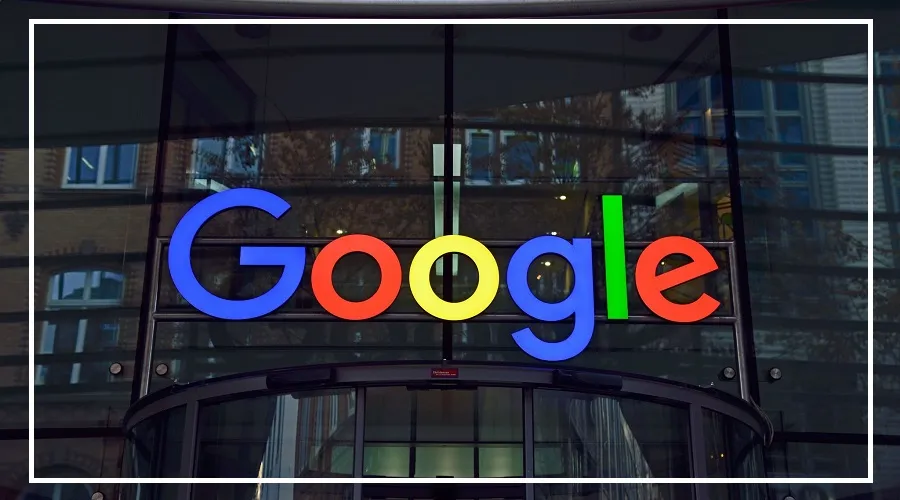Free Wi-Fi is everywhere today – at airports, cafés, hotels, and government hotspots.
Many people connect to it automatically when mobile data runs out or to save data while browsing or watching videos.
However, Google warns users to be cautious, as public Wi-Fi networks can expose phones to serious security risks.
Why Public Wi-Fi Is Unsafe
Even if a Wi-Fi network looks trustworthy – with a password or a familiar name like a café or hotel – it doesn’t guarantee safety.
Attackers can quietly monitor the data moving between your device and the internet.
This means sensitive information like banking usernames, passwords, OTPs, emails, and private messages can be at risk.
In some cases, malicious software can even be installed on your phone without your knowledge.
Google recommends avoiding online banking, shopping, or personal logins while on public Wi-Fi.
Scammers are also using text-based tricks to make users click on links or share personal information, and these scams become more effective on unsecured networks.
Digital Payments Increase the Danger
With UPI and app-based payments being used for almost everything – ticket bookings, bill payments, and shopping – connecting to an open Wi-Fi network in busy places like airports, train stations, malls, or hotel lobbies can put financial information at risk.
Cybercrime in India has been rising, making Google’s warning especially important.
Being cautious on public Wi-Fi can help protect your personal and financial data.
























